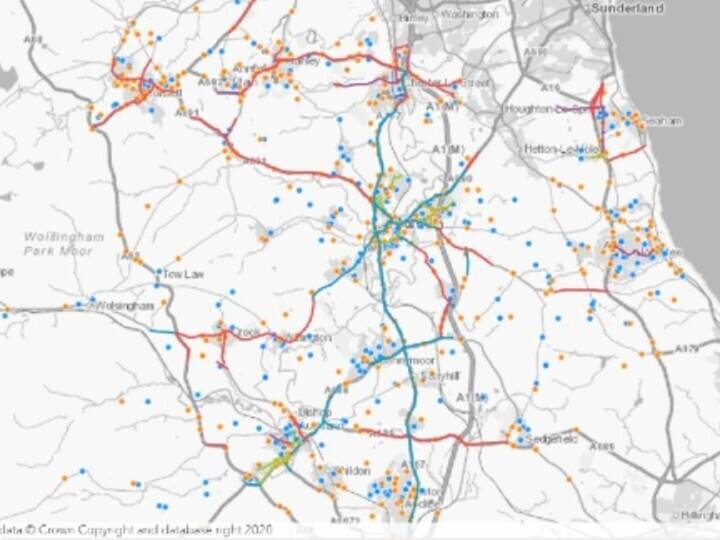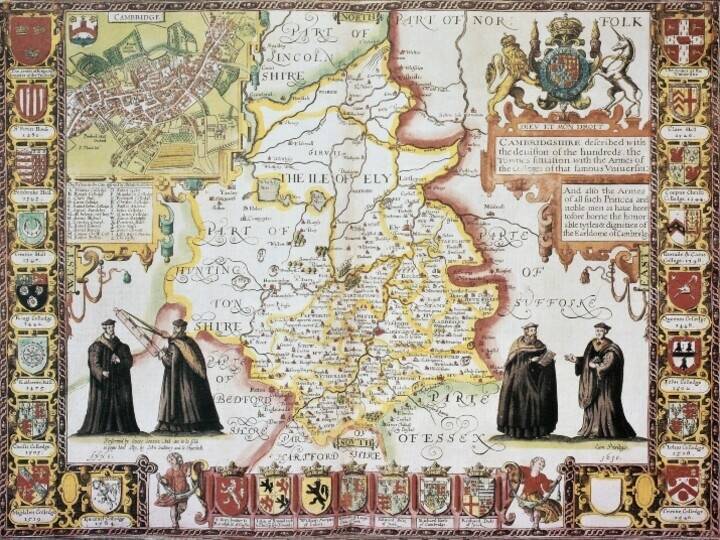Exemplar Award Winner- Winner National Gazetteers Green Award 2011: Northumberland County Council
Today, local authorities have to be ‘greener’. They are also under tremendous pressure to become more efficient, cut costs and deliver better services to their citizens. Northumberland County Council’s waste and recycling service is proving that this is possible.
When Northumberland became a unitary authority, it inherited the working processes and systems of six former district councils. One of the first areas of concern was waste and recycling and, in particular, garden waste. Garden waste often ends up in landfill and many authorities are facing large fines through failing to reduce the amount of waste going there. Garden waste is completely recyclable, it is possible to charge for collection and disposal, and, if greater service take-up can be encouraged, it will cut down the amount ending up in landfill.
A review of Northumberland’s garden waste services revealed different charging rates, low takeup and an archaic sign-up and payment process, heavily reliant on people for its administration. Northumberland introduced a new charging policy for the whole county and then started to look at using technology to improve administration. Today, all waste and recycling systems are synchronised, with the LLPG enabling Northumberland to transform six separate services into one service for the whole of Northumberland. Separate databases for waste and garden waste are linked to the LLPG and integrated with the council website and contact centre CRM.
Significant efficiencies have been made through the reinvention of Northumberland’s garden waste project. Thanks to LLPG integration, citizens wishing to sign up can make a call to the contact centre, sign up and make a payment there and then. The LLPG is also being used to market and promote the garden waste service in the spring with previous years’ users being contacted direct and invited to re-apply.
In Northumberland, a huge rural area with over 140,000 council tax payers, waste and recycling routes are hugely different. Clearly anything that could be done to make the routes more efficient would have a significant impact on reducing fuel usage and the council’s carbon foot print. Taking away the former district council boundaries which determined most of the old routes, and introducing route optimisation software enabled by the LLPG ensured that vehicles used the most efficient routes. Garden waste routes benefit too although different bins are used to eliminate contamination, and collections take place on different days using different vehicles.
Outcomes
Take-up of the garden waste service in the first year increased hugely from 16,000 to over 25,000, having a significant impact on revenues and a reduction in the amount of ‘green’ waste going into landfill. All garden waste is delivered to a single recycling location where it is transformed into garden compost and sold for £3 per bag.
Vehicle route optimisation has had a significant impact on the amount of fuel used by the waste and recycling fleet, resulting in savings of over £200,000 per annum and a substantial reduction in the council’s carbon footprint. Despite greater take-up of the service, the garden waste vehicle fleet has been reduced by one and there is still extra capacity available as the council moves to promote the service further.
Key benefits
• the garden waste service has been taken up by more citizens, increasing recycling and reducing the amount of garden waste going into landfill
• vehicle routes for all waste and recycling have been optimised, delivering cashable savings of over £200,000 per year with a consequent reduction in the council’s carbon footprint with the majority being fuel savings
• the council has been able to reduce the administration costs for the garden waste scheme by over £50,000 per year
• routes have been shortened by 1,700 miles a year despite greater service take up, equivalent to a 9.15 ton reduction in CO2 emissions
• all garden waste is recycled at no cost by an outside contractor
• internal administration savings and efficiencies, plus a major shift to the web channel, is estimated to be saving the council over £50,000 per year
• citizens benefit from a better service to which it is easier to sign up and pay for, either online or via a short phone call.
View from the authority
“Our energy tools are innovative ways of tackling the need to reduce the city’s carbon emissions, increase the energy independence of the city and help our citizens save money on their energy bills. The Nottingham Energy Calculator will help us raise awareness of the practical steps citizens can take in their own homes”
-Councillor Alan Clark Nottingham City Council’s Portfolio Holder for Energy and Sustainability



